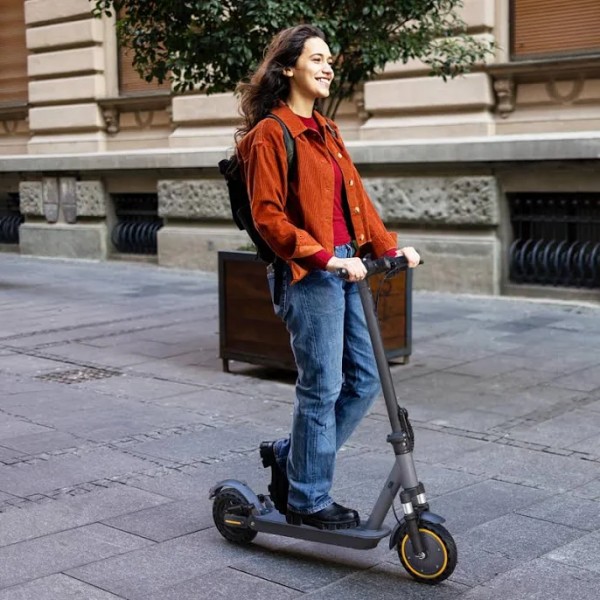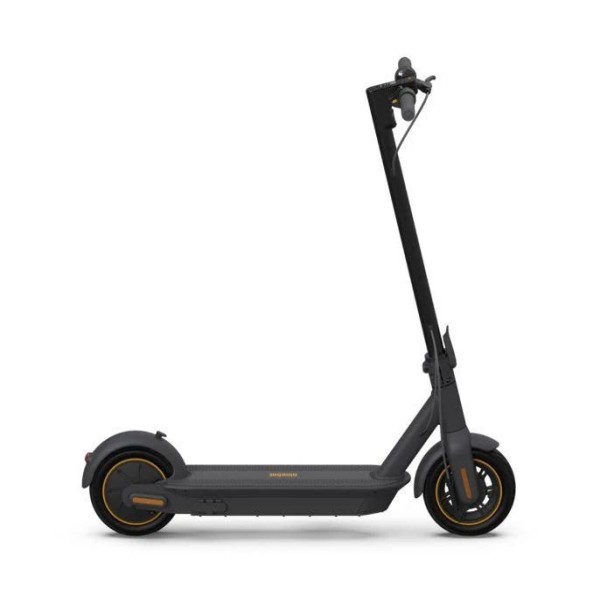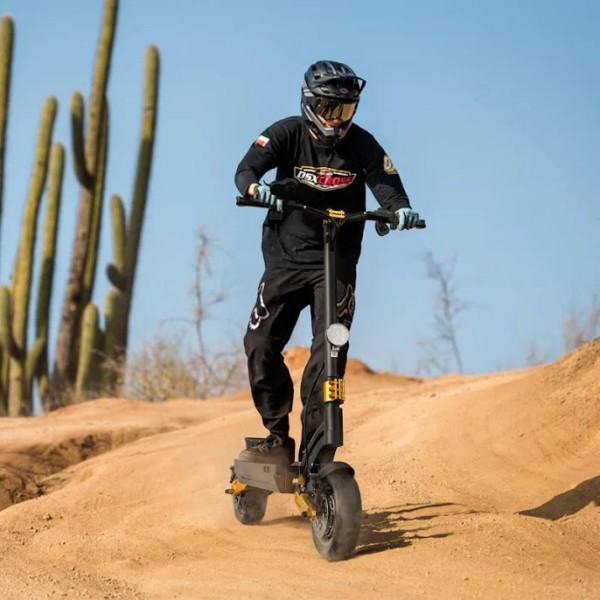Driving a scooter can be an exhilarating experience—it’s a fun, efficient way to navigate busy city streets. However, before you hop on your two-wheeled vehicle, an important question arises: do you need a license to drive a scooter? This inquiry is particularly pressing for new riders and those who may not be familiar with local vehicle regulations. In some locations, riding a scooter is as simple as jumping on and taking off, while in others, specific requirements must be fulfilled. Various factors determine whether a license is necessary, including the power of the scooter engine, the rider’s age, and the local laws governing motorized vehicles. This article will explore the complexities surrounding the question of whether you need a license to drive a scooter, and we will delve into the specifics that will help clarify this important topic.
 =
=
Understanding Scooter Classes
To grasp whether you need a license to drive a scooter, it’s crucial to distinguish between different classes of scooters and their legal classifications. Generally speaking, scooters fall into categories primarily based on engine size.
Many places categorize scooters based on engine displacement: under 50cc, between 50cc and 125cc, and over 125cc. The rules for each class can vary significantly, influencing licensing requirements.
For scooters under 50cc, many jurisdictions allow individuals to ride without a motorcycle license, provided they meet age and safety requirements. However, a basic understanding of local traffic regulations remains important.
Scooters equipped with engines between 50cc and 125cc typically require at least a motorcycle learner’s permit in most states or countries. This requirement often involves passing a written test about road rules and safe riding practices.
Lastly, scooters over 125cc usually necessitate a full motorcycle license, including practical riding tests that assess a rider’s competence. As rules can vary greatly from one place to another, always check local laws regarding scooter classifications to ensure compliance.
State-Specific Regulations
In the United States, there is no universal rule regarding licensing for scooter riders. Each state has its regulations, leading to an often disjointed landscape of requirements. For instance, some states do not require a license for scooters under 50cc, assuming they are classified as “mopeds.” In some locations, riding such scooters may require only a basic driver’s license.
In states where scooters are classified as motorcycles due to their engine size, riders must usually possess a motorcycle endorsement on their driver’s license. This enables a higher level of skill and understanding of safety regulations and road laws pertinent to two-wheeled vehicles.
Additionally, New York has specific regulations in place for electric scooters and bike-sharing programs, requiring riders to comply with local traffic safety measures. On the other side, states like California offer more lenient rules for electric scooters, allowing a wide range of riders to take to the streets with minimal requirements.
To navigate these state-specific regulations, it’s essential to conduct thorough research on the individual state laws regarding scooters. Online state government resources can provide information on what licenses are needed, insurance requirements, and age restrictions.
Age Requirements
When it comes to asking the question, do you need a license to drive a scooter, age can play a critical role. Most jurisdictions enforce age limits to ensure that riders have the maturity and understanding necessary to operate a motorized vehicle safely.
In many states, individuals must be at least 15 or 16 years old to obtain a learner’s permit, which usually comes with restrictions such as no night riding and limited passenger capacity. However, this baseline can vary; for example, some states allow individuals as young as 14 to ride mopeds without a formal license.
On the other hand, riders typically need to be at least 18 years old to obtain a full motorcycle license. This requirement emphasizes the understanding and skill level necessary for operating higher-powered scooters. If you’re a young rider or a parent with aspiring teen riders, it’s essential to familiarize yourself with local rules, as violating age restrictions can lead to fines or penalties.
Insurance Considerations
As you navigate the realm of scooter riding, another integral element related to whether you need a license to drive a scooter is the need for insurance. While it may not be a legal necessity in all places, securing insurance offers several key benefits.
For starters, having insurance protects you financially in the event of an accident or theft. In many states, riders of scooters above certain engine sizes are required to carry liability insurance. This insurance covers damages to others in the event that you are held responsible for an accident.
Moreover, even if insurance isn’t mandatory, many responsible riders opt to purchase coverage for peace of mind. The premiums can vary based on factors such as your riding history, the type of scooter, and where you live. If you’re unsure about your options or the necessity of insurance in your area, consult with local insurance agents who can provide tailored advice.
Training and Safety Courses
When determining if you need a license to drive a scooter, it’s paramount not to overlook the value of training and safety courses. Many regions require new riders to complete a motorcycle safety course before obtaining a license or endorsement. These courses teach essential riding skills, emergency maneuvers, and road rules.
Even where training isn’t legally required, taking a safety course is a wise move. The knowledge you gain can significantly improve your riding skills and reduce the risk of accidents. In many cases, completing a reputable motorcycle safety course can even lower your insurance premiums.
The Motorcycle Safety Foundation (MSF) offers recognized training programs across the U.S., covering various aspects of riding safely and effectively. Consider enrolling in a course, regardless of your local laws.

Common Misconceptions About Scooter Licensing
When considering whether you need a license to drive a scooter, it’s important to address some common misconceptions that can lead to confusion among potential riders.
Many people believe that scooters are fundamentally different from motorcycles and therefore do not require any kind of licensing. While it is true that scooters may seem more beginner-friendly due to their smaller engine size and lighter weight, they are still classified as motorized vehicles in most jurisdictions. This means they are subject to specific rules and regulations that can vary widely depending on where you are located.
Another prevalent misunderstanding is that electric scooters are not subject to the same regulations as gas-powered scooters. In fact, electric scooters that reach certain speed thresholds may still require licensing and insurance. Riders often assume they can just hop on any type of scooter without any formal training or understanding of local laws. However, failing to recognize the technical classifications and legal requirements for different scooter types can lead to fines or, worse, serious accidents.
Examining International Guidelines
While the focus of this article has been primarily on regulations in the United States, it’s essential to consider international guidelines for scooter licensing as well. Countries around the world have varying requirements when it comes to riding scooters, often influenced by local traffic conditions, road types, and cultural attitudes towards two-wheeled vehicles.
In Europe, many countries require riders to obtain a specific category of driver’s license to operate a scooter. For example, in the European Union, riders must generally undergo mandatory training before receiving a category AM or A1 license to operate scooters up to specific engine sizes. Such training emphasizes safety, which in turn leads to fewer accidents and a greater awareness of traffic laws.
Countries like Australia have similarly formalized their licensing processes, with distinct categories based on engine displacement. In some regions, those under 18 must complete extensive training to ensure they can handle the responsibilities of scooter operation.
By understanding international guidelines, prospective scooter riders can appreciate the importance of comprehensive training and regulation, regardless of the specific requirements in their home country.
The Role of Local Awareness and Community Resources
Regardless of specific licensing requirements, being aware of local resources and community offerings can significantly improve your scooter riding experience. Many communities offer group rides, workshops, and safety seminars that help new riders acclimate and feel comfortable. Engaging with the local scooter community can provide invaluable insights about safe riding practices and regulatory changes that may affect you.
Online forums and social media groups are additional resources where riders can share their experiences, ask questions, and advocate for safer road conditions. Many riders have developed a sense of camaraderie that emphasizes responsible riding and mutual respect on the road—not just for scooters but for all vehicles.
Preparing for the Road: Gear Involvement
When discussing whether you need a license to drive a scooter, safety gear is an often-overlooked element. Regardless of legal requirements, wearing appropriate safety gear is crucial for any rider serious about their safety. Essential gear includes a good helmet, gloves, knee pads, and riding jackets.
Helmets are a must and are mandated by law in many regions. Proper helmets can significantly lessen the severity of injuries in the event of an accident. The choice of gloves, jackets, and pads also contributes to minimizing injuries, providing vital protection against abrasions, impacts, and adverse weather conditions.
Investing in quality gear not only enhances your safety but also demonstrates your commitment to responsible riding. Many local motorcycle shops offer gear fitting, so you can ensure you choose equipment that suits your needs.
The Future of Scooter Regulations
As scooter usage becomes more popular, especially in urban areas, the future of scooter regulation is an important consideration. Governments worldwide are beginning to recognize the benefits of scooters as eco-friendly transportation alternatives. However, they are also acknowledging the need for updated safety and licensing protocols to protect riders and other road users.
Emerging technologies such as electric scooters, variations in scooter design, and shared mobility solutions may also drive changes in regulatory frameworks. Planning ahead for a future where scooter usage becomes increasingly common will likely include stricter licensing and safety requirements.
Moreover, advocates for scooter safety and training programs are increasingly pushing for comprehensive legislation that balances accessibility with safety. Engaging with local advocacy groups can help raise awareness and promote responsible scooter riding in your area.

Conclusion
Reflecting on the initial question, do you need a license to drive a scooter? We’ve explored various elements, from different scooter classifications and state-specific regulations to age restrictions, insurance considerations, and the importance of training. Each facet plays a pivotal role in assuring that riders are knowledgeable, safe, and compliant with laws designed to protect them and others on the road.
Understanding that the landscape of scooter regulation is continually evolving helps you remain aware of changes that may affect you as a rider. Whether you’re a novice considering your first scooter purchase or a seasoned rider wanting to familiarize yourself with current laws, thorough research and community involvement will enhance your riding experience.
Remember, riding a scooter is not just about the thrill of the ride—it’s also about taking responsibility. This includes knowing whether you need a license to drive a scooter, wearing appropriate safety gear, and being informed about local traffic laws. Ultimately, this knowledge fosters a safer, more enjoyable environment for everyone on the roadway.
Engage with the local riding community, explore training programs, and ensure you have all the necessary licenses and safety measures in place. With a commitment to safety and responsibility, riding a scooter is not only rewarding but can also be a conscientious choice in the realm of personal transportation.